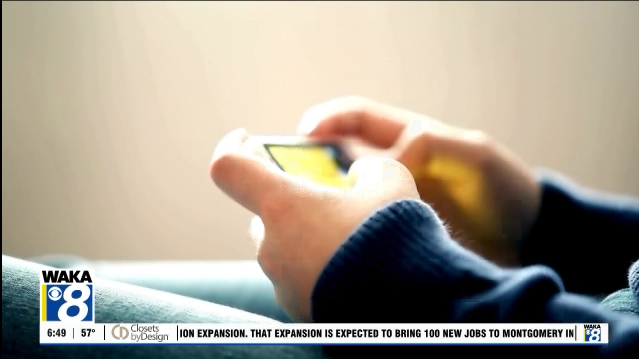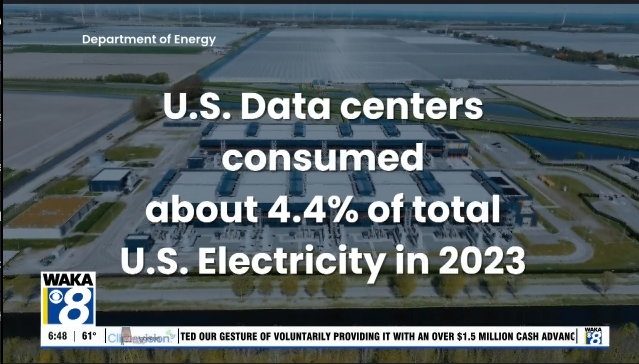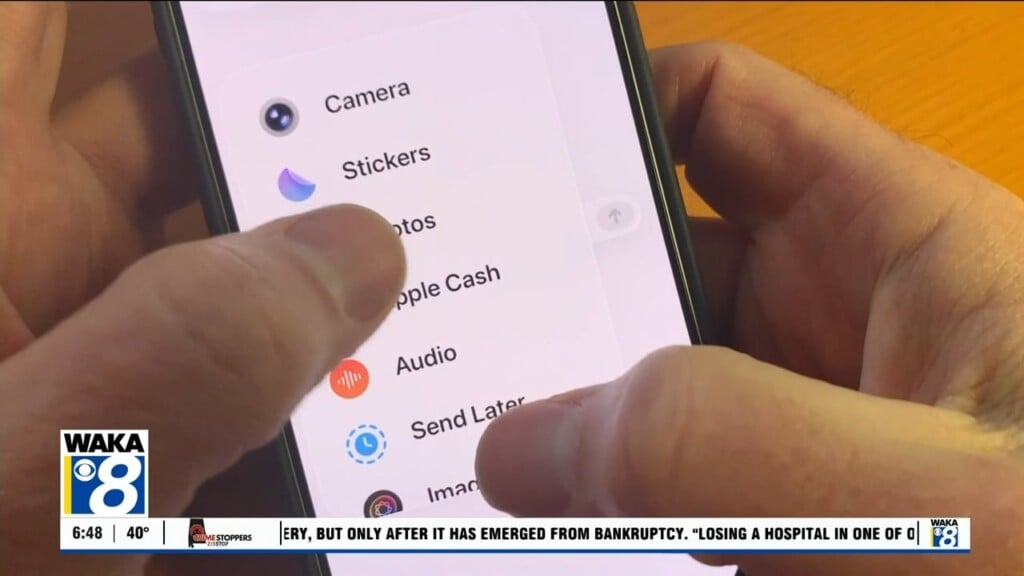What The Tech: Protecting your Facebook settlements from scams
BY JAMEY TUCKER, Consumer Technology Reporter
These days, it’s best to treat every unexpected message about money as a scam. Especially if it tells you to ‘click here’ to claim your payment.
That includes the Facebook, or Meta, settlement. Some of those messages are real, but scammers are piggybacking on them.
A friend sent me this text message that looked suspicious. He was right to question it. In this case, the text message was legitimate. Here’s how you can tell.
The official sender is “donotreply@facebookuserprivacysettlement.com. If it’s from another address, it’s fake, so ignore it.
The official message won’t request your banking logins, social security numbers, or debit card
information.
It’ll be a link only and will arrive to you as a pre-paid Visa, Mastercard, Venmo, or PayPal. It could also be sent directly to your bank or arrive as a check in the mail.
The payment is modest, usually $30-$35. Don’t fall for promises of hundreds of dollars. And the message won’t lead you to log into Facebook; if it does, it’s fake and a phishing attempt.
If you’re still suspicious, search your email inbox for “Facebook Settlement”. If you joined the
settlement, you should have received an email as a notification that your claim was accepted.






